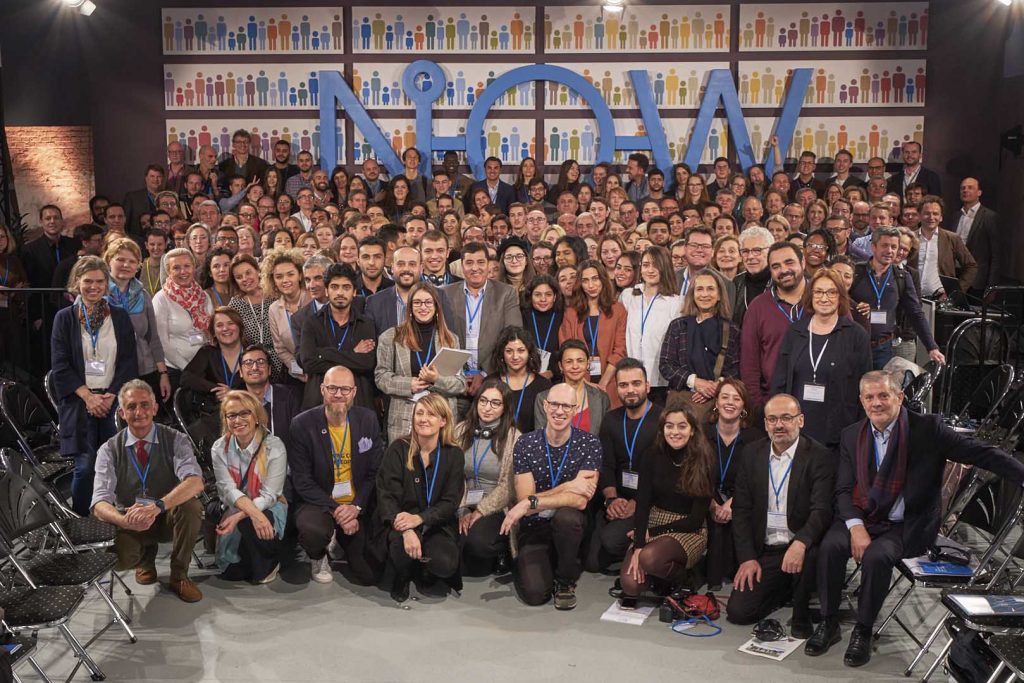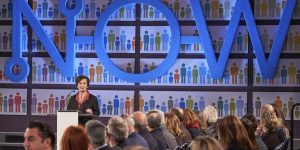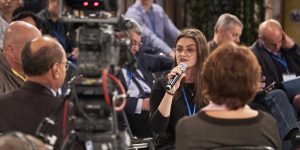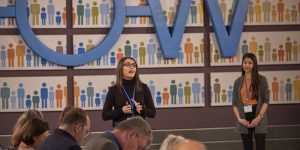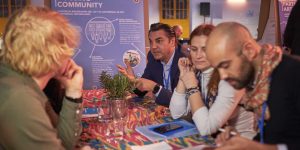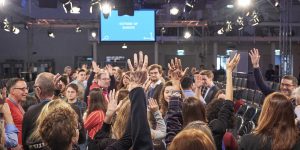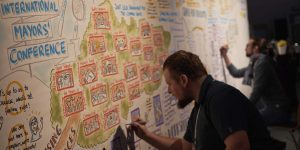Introduction
“Dear ambassadors of a better world”: this was how Austria’s First Lady Doris Schmidauer welcomed the 220 participants of the 7th International Mayors’ Conference NOW, which took place in Vienna from 17 to 18 February 2020. Participants from 30 countries, from the Middle East to northern Europe, including mayors, young citizens from all walks of life, community workers, innovative NGOs, well-known researchers and practitioners, social entrepreneurs and urban planners gathered in Vienna for two days ….
